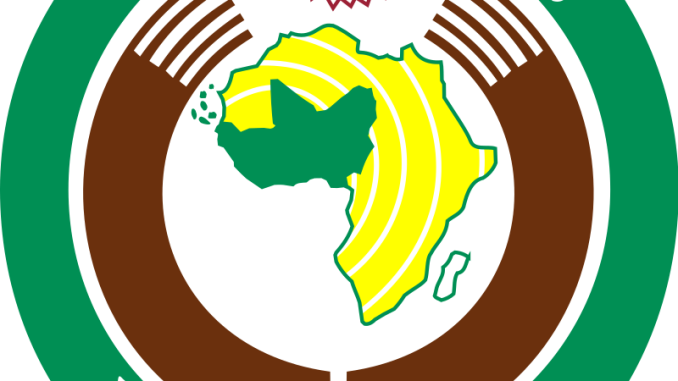
The President of the ECOWAS Commission, Omar Touray, has said debt, currency depreciation, inflation and other indices have slowed down the economies of countries in the sub-region.
Mr Touray stated this in the 2023 Annual State of the Community Report he presented to the ECOWAS Parliament in Abuja.
Mr Touray said even though some member states have posted impressive economic growth, inflation, deteriorating fiscal balance, and mounting public debts have continued to erode citizens’ welfare and standard of living.
The period under review was characterised by the continuation of geo-political conflicts, persistent inflationary pressures, high and rising public debts as well as tightening of monetary policies in most regions. In this context, the global economic output growth is expected a slowdown to 3.0 per cent in 2023, compared to 3.5 per cent in 2022.
“However, global inflation is expected to moderate at 6.9 per cent in 2023, compared to 8.7 per cent in 2022, due to the fall in the international prices for commodities and the easing of supply bottlenecks, especially in the second half of the year,” said the ECOWAS president.
He added, “The performance of the ECOWAS economies in 2023 mimicked that of the global economy due to the strong linkages, especially by trade, investment and financial services. Thus, their growth rate slowed to 3.7 per cent in 2023, compared to 3.9 per cent in 2022.”
Mr Touray said this was accentuated by inflation and debt.
The annual average inflation is expected to peak at 20.0, compared to 17.3 per cent in 2022, due mainly to imports and depreciation of national currencies. The public debt deteriorated further to 48.8 per cent of Gross Domestic Product (GDP), compared to 36.8 per cent of GDP in 2022,” the ECOWAS commission president added.
Mr Touray, however, said the region’s budget deficit was expected to moderate slightly to 5.2 per cent of GDP, compared to 5.4 per cent of GDP in 2022.
He attributed this to an increase in revenue administration and expense control.
NAN
